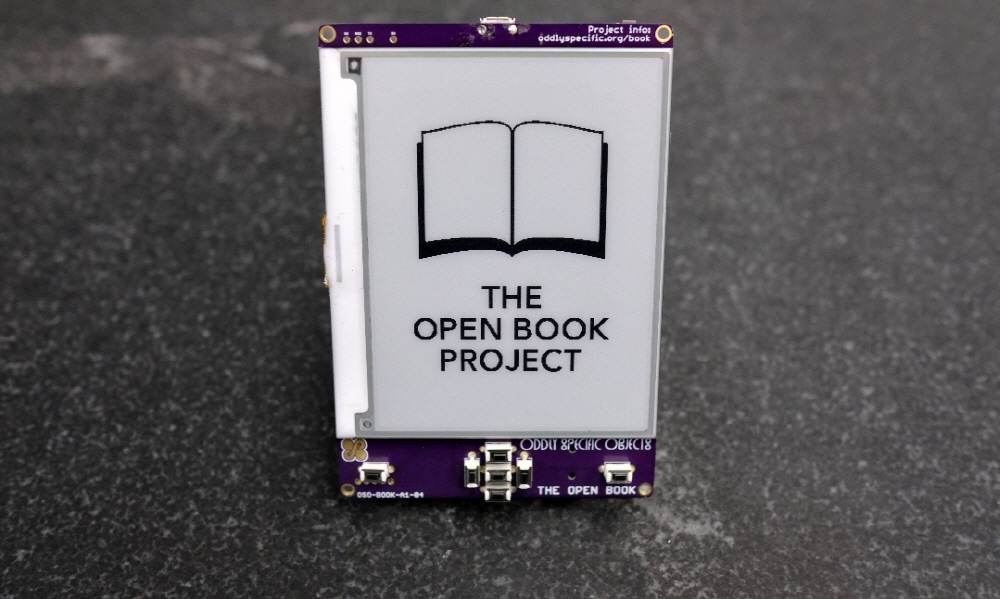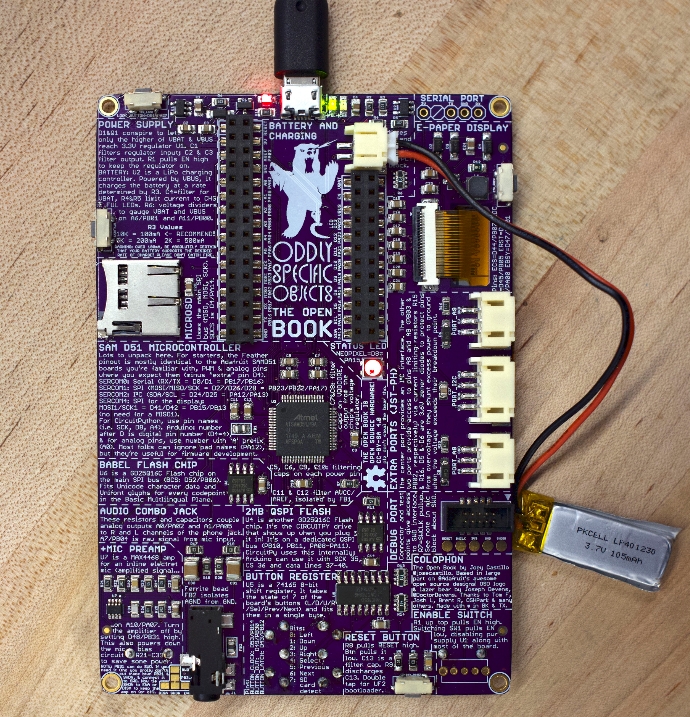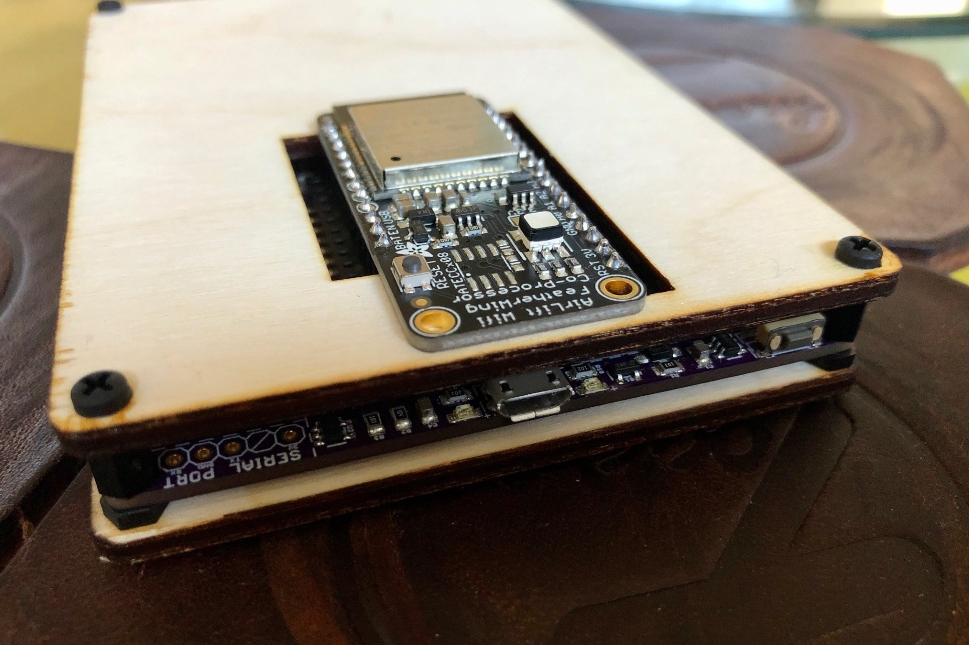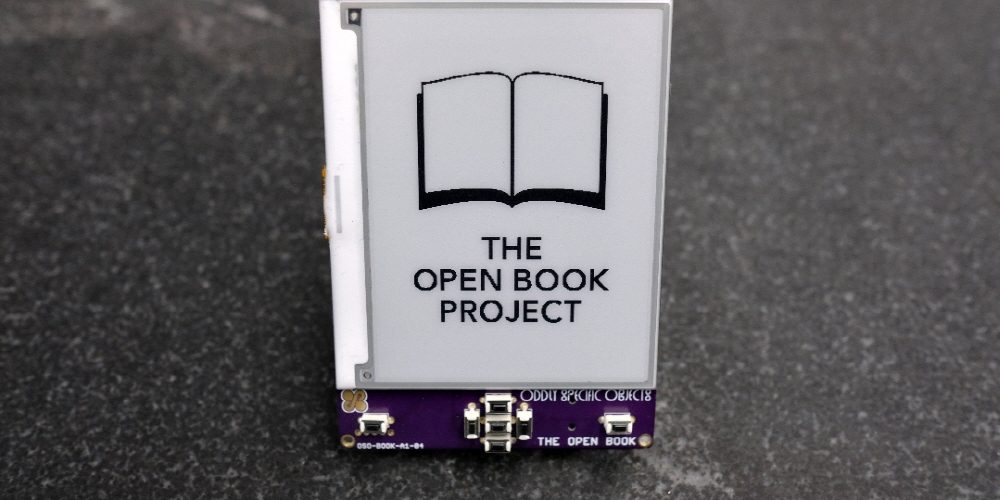
The Kindle is an attractive option for consumers looking for e-books, as they can buy books directly from anywhere via Wi-Fi and Amazon Whispernet. However, an open source e-book reader that is not restricted by a specific company is also worth thinking of as an alternative to the Kindle.
The Open Book Project was born from a hardware or software hacking community called Hackaday. This contest aims to explore innovative and practical ways through the Arduino-based development board, Adafruit Feather, and the winner of this contest is the Open Book Project.

This project was developed with the aim of making it radically different from the Amazon Kindle. It has no business secrets, nor does it contain chips that track reading tastes and secretly inform companies. In theory, consumers can create and program openbooks from scratch. Of course, the actual product will be produced and sold by Digi-Key, and the price and number of production units will be announced in the future.
The hardware doesn’t look beautiful compared to devices like the Kindle. The appearance of small letters describing parts and ports on the circuit is a unique look. It is recommended that the case that wraps the body is printed by a 3D printer or made by the consumer with an antique feel with a laser cutting machine or the like.
The black and white e-ink display supports a resolution of 400×300, so it is different from the 1680×1264 resolution like the Amazon Kindle. The OpenBook, powered by an ARM Cortex M4 processor, also has a headphone jack, a flash chip to store language files, and a microphone for voice commands. Speech command recognition is performed by AI trained with a TensorFlow model. This voice command is supported so that, for example, simply saying “Next” will display the next page.

In addition, Bluetooth and Wi-Fi functions can be added by using the Adafruit Feather Expansion Board. However, the most important function is the microSD card slot that stores certain e-books or text files so that they can be read in open books. Other e-book readers can only read what the company has allowed to sell in its online store.
Of course, the biggest question is whether the open book project will be much cheaper than the Amazon Kindle. The advantage of selling products sold by companies in the millions of units can reduce production and hardware costs. If you can make an open book for less than $50, it might be a formidable competitor in the limited e-book reader market today. Related information can be found here.


















Add comment